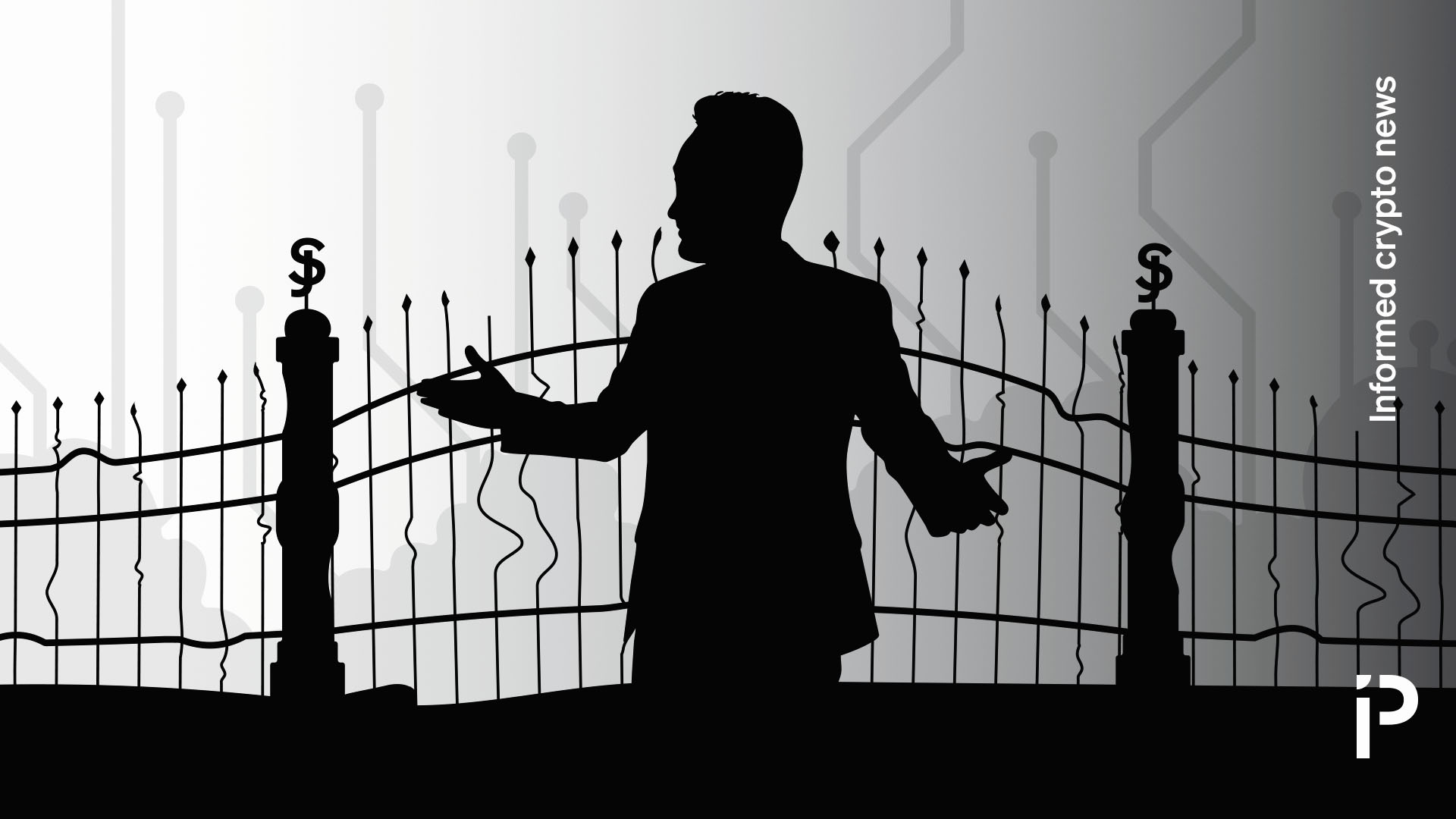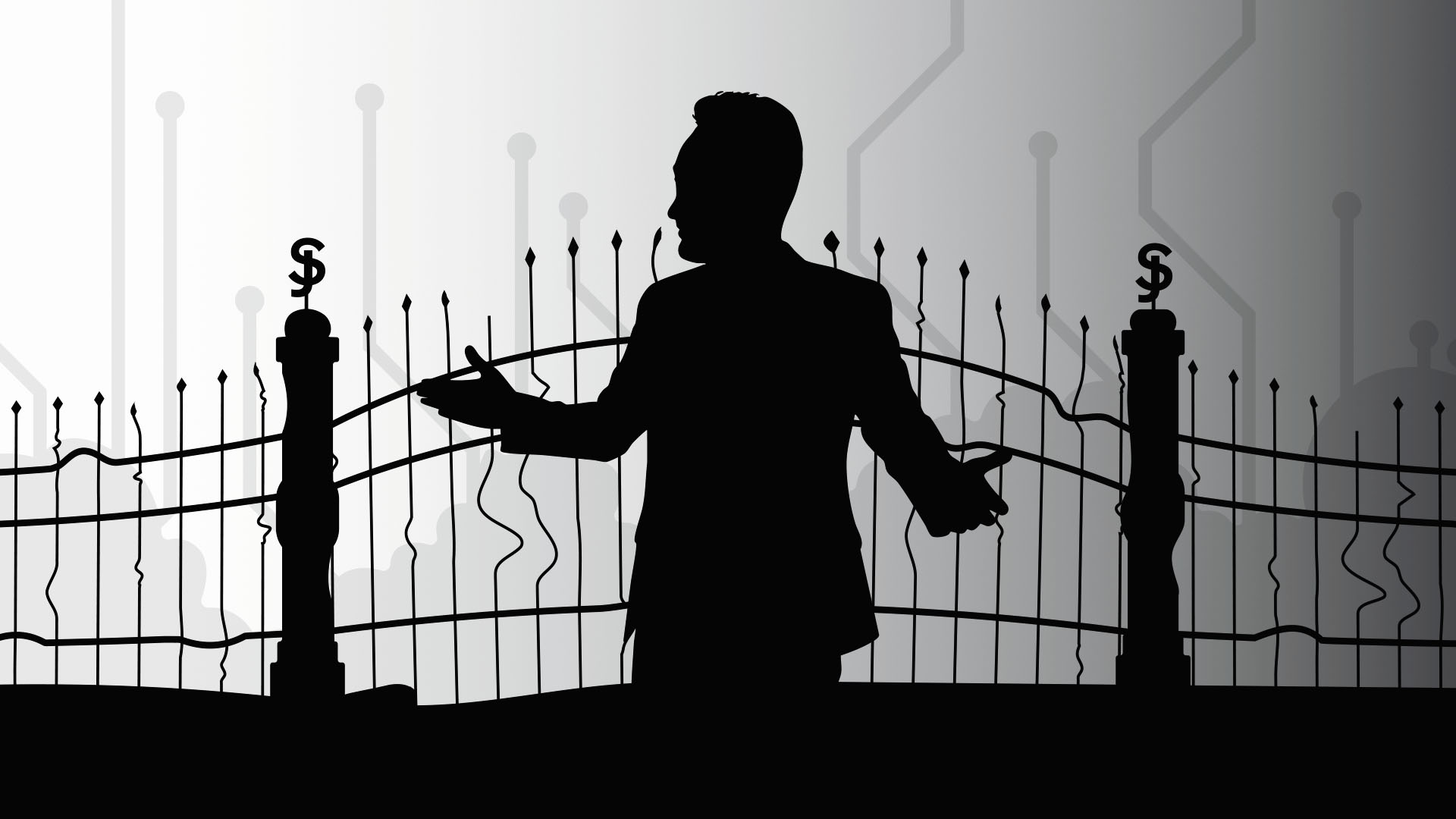CryptoCurrency
Justin Sun’s graveyard of abandoned crypto projects


Justin Sun is a prolific crypto entrepreneur who, like many of his fellow business-building billionaires has never been afraid to throw himself headfirst into new ventures with a frenetic pace and enthusiasm.
There are success stories among these projects. For example, TRON, which, despite its highly centralized ownership (Sun is the majority owner) has reached a market capitalization of approximately $28 billion, according to CoinGecko.
However, there are also a number of ventures that have either failed or been almost completely forgotten.
USDD: TRON integration to MakerDAO knock-off
Sun-founded stablecoin USDD was launched as a Terra knockoff that would pay a 30% yield instead of the 20% paid by Anchor. It would also be integrated into the heart of TRON.
Unfortunately, this plan has since been abandoned and USDD is now a Sky/MakerDAO knock-off.
Read more: Justin Sun’s USDD has problems
Strangely, these alterations to the coin’s model, deep changes to collateral, and its relaunch all occurred without the consent of the much-ballyhooed decentralized autonomous organization (DAO) that was meant to govern the coin.
While USDD still exists, its original plan and its claims of decentralized governance have been completely abandoned.
Its market capitalization has fallen from a peak of approximately $790 million to $469 million, according to data from CoinGecko and the USDD website.
EthereumFair is now Gougoubi Labs
When “Ethereum 2.0” was launching, there were various forks that were also announced that intended to maintain the proof-of-work algorithm and chain history.
Among those is EthereumFair, which was lucky enough to receive an endorsement from Sun and Sun-owned HTX and Poloniex were the first two exchanges to list the token.
The X account for this project is now for something called “Gougoubi Labs” and the website associated with the account appears to be for something purporting to be a Dogecoin on BNB Chain.
The X handle for EthereumFair is now parked with the name “Andrea Hickel.”
Another chain, DisChain has now rebranded as EthereumFair.
The ‘d’ in BitTorrent dApps is ‘coming soon’
Sun founded the BitTorrent token (BTT) after purchasing the BitTorrent business (not the file-sharing protocol).
When it was launched, it was advertised that “the token and extended protocol will create a token-based economy for networking, bandwidth and storage usage.”
This token is advertised on BitTorrent’s website as being used in several decentralized apps including BitTorrent Speed (allows you to pay tokens to seeders), BitTorrent File System (its website claims its decentralized features are “coming soon”), and “others in the pipeline.”
Read more: SEC sues Justin Sun over TRX, BTT, market manipulation
Among the more successful BitTorrent business ventures was its purchase of DLive, a video-streaming service that uses blockchain-based tokens as part of its monetization strategy and enables right-wing extremists to fundraise using the platform.
According to reporting from the New York Times, at least nine DLive streamers streamed their involvement in the January 6 insurrection at the United States Capitol.
The market capitalization of BTT has fallen from a peak of $2 billion to $466 million, according to data from CoinGecko.
stUSDT has shifted its focus
Staked USDT (stUSDT) is a protocol founded by Sun in partnership with JustLend that was meant to pay yield on tethers staked in the protocol.
This was designed to be governed by the Real World Assets (RWA) DAO and would invest initially in United States treasuries.
However, there was no evidence of the JustLend DAO being consulted on the launch of the product, nor is there evidence of the existence of a RWA DAO.
Read more: ‘Someone’ is spamming thousands of addresses with stUSDT
Despite this non-existent governance, the stUSDT team has somehow been able to shift the focus of the project which is now lending on AAVE as well as investing in treasuries.
Despite these realignments, the project has seen its market capitalization collapse from a peak of approximately $440 million to merely $60 million, according to data from CoinMarketCap.
Justin Sun’s AI fixation
In February of 2023, Sun announced that “TRON will provide an AI-oriented decentralized payment framework for AI systems #ChatGPT and @OpenAI.”
This system was supposed to include the ability to use “the smart contract system to store user questions and AI results on the decentralized #BitTorrent file storage system #BTFS.”
Furthermore, the WINkLink (a ChainLink knock-off) oracle would “integrate AI Oracle services, focusing on decision-making issues required by smart contracts on chain.”
Additionally, the APTNFT “market will deeply supports [sic] AI generated content, provides one-click decentralized storage, NFT tokenization, pending order and transaction services for works created by AI, and provides industry-leading artificial intelligence NFT content production on #TRON.”
WINkLink currently doesn’t list OpenAI nor any other AI provider as one of its “trusted data sources.”
Additionally, neither OpenAI nor any other AI provider are listed as “Ecosystem Partners.”
Protos has reached out to WINkLink to determine the current status of the “AI Oracle services,” but it didn’t respond prior to publication.
APENFT, for its part, has rebranded to AINFT and has launched “SunLumi,” whose “primary functions include replying to influencers’ tweets and publishing content related to cryptocurrency trends.”
SunLumi has 878 followers on X and last posted on November 10. The most recent post has zero likes and zero reposts and the attached image appears to be AI-generated. Indeed, it features a number of nonsense words, including “NSCHINES: ideal lussive” and “bansactions FARNESS?”
Despite the fact that this is an automated account, it doesn’t feature the “automated” disclaimer that X accounts are required to include.
It’s also launched “SunGenX,” a tool that allows you to “generate memecoins simply by tweeting.” Despite this low-friction way to launch memecoins, SunPump, Sun’s memecoin platform, has substantially lagged behind its competitors.
Finally, it’s launched “Banana King AI,” which “generates unique, catchy names and engaging descriptions for your digital artwork and collections.”
We attempted to use this tool, which also stated it could generate images for us, but image generation repeatedly failed.
It’s not clear how often this last feature is used because the marketplace itself is nearly abandoned.
AINFT, Sun’s barely used marketplace
AINFT Marketplace — formerly APENFT — is the NFT marketplace founded by Sun.
When it was launched, he promoted it as an entity that “was born with the mission to register world-class artworks as #NFT on the #blockchain.”
As previously mentioned, it’s since rebranded to focus on the intersection of artificial intelligence and NFTs.
However, the marketplace is basically unused. The third highest volume collection in the last week has a total volume of 1 TRX, or about $0.30.
TrueUSD is definitely not owned by Sun
TrueUSD (TUSD) is a stablecoin with deep ties to Sun — though, for some reason, he continues to insist he doesn’t own it.
This project has been at the center of a legal dispute between Sun and the token’s custodian, First Digital, which Sun alleges invested the reserves in speculative assets without the appropriate permission.
First Digital, for its part, claims that it had the appropriate authorization for all of the investments.
Read more: Justin Sun fights a lot of lawsuits on behalf of companies he doesn’t own
The result of this investment is that TUSD is almost entirely reserved by inaccessible and speculative assets that don’t adequately reserve the stablecoin.
This stablecoin has also seen its market capitalization plummet from a peak of approximately $3.5 billion to less than $500 million.
USDJ, yet another Justin Sun stablecoin
USDJ is a Sun-founded stablecoin associated with JustLend that was effectively a duplicate of the MakerDAO/Sky stablecoin system.
It has since been sunset for the new version of USDD, which inherits much of its design.
Strangely, despite JustLend attempting to sunset this token, it’s currently trading for ~$1.20 on HTX and ~$1.18 on Poloniex.
However, there’s a relatively small amount of this token still outstanding with roughly $11.2 million in market capitalization, down from a peak of approximately $310 million, according to data from CoinMarketCap.
Neiro was billed as ‘sister of $DOGE’
In 2024, Sun made an extraordinarily strange choice, posting on X to encourage an exchange he owns to list a token called Neiro.
It’s not clear why Sun thought he had to publicly call on an exchange he owns in this way, though at the time he was still insisting that he didn’t own it, so it may have been part of maintaining that appearance.
The token purports to be the “sister of $DOGE” and claims to have a mission “to build a living movement where community ownership, kindness, and culture come together to create real impact.”
According to data from CoinGecko, the token’s market capitalization peaked at approximately $1 billion before crashing to around $71 million.
HTX still lists the token, with a reported 24-hour volume of $4 million.
Peiwo, the orgasmic dating app removed by Google
Peiwo was a dating app founded by Sun, and its gimmick was that it enabled people to participate in live audio chats with each other.
The Verge once noted that the chats “often border on some kind of aural pornography,” where it was possible to “drop into a chat room only to discover their host was already in the throes of orgasm.”
It was eventually removed from both the Google Play Store and the Apple App Store because it “disrupts socialist values.”
Got a tip? Send us an email securely via Protos Leaks. For more informed news, follow us on X, Bluesky, and Google News, or subscribe to our YouTube channel.










